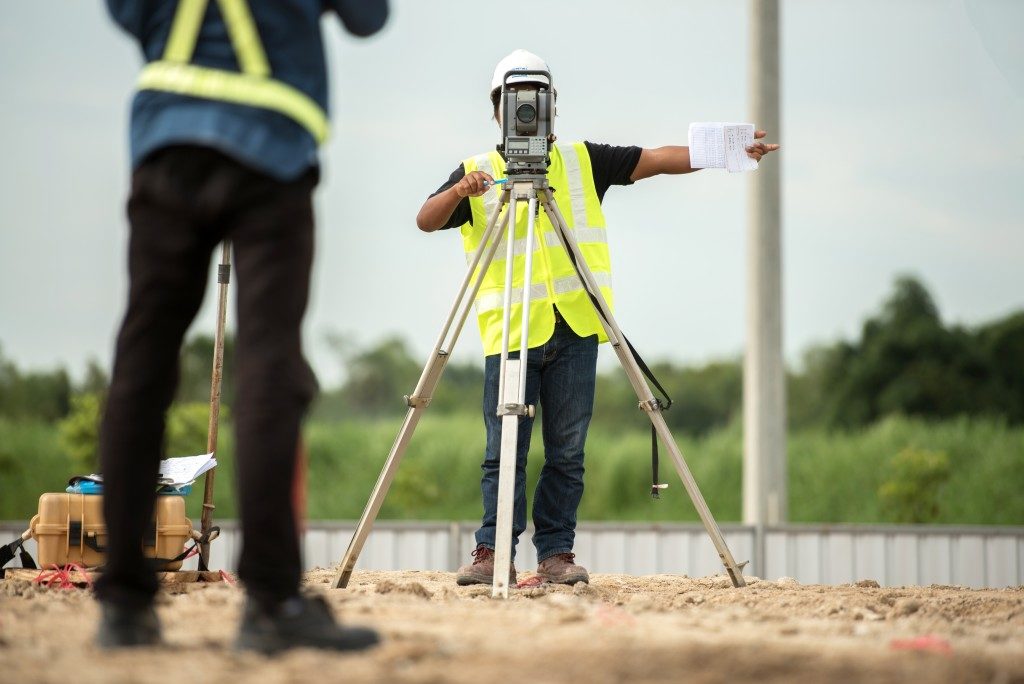Like many sectors in the economy, the construction industry heavily relies on the economy’s condition. Likewise, construction is also one of the driving factors of economic growth and has been so even in the past. And as the pandemic continues to make its mark globally, many sectors of the economy, including the construction industry, have been heavily affected.
The Pandemic’s Impact on the Industry
Reduced Activity and Resources
With many people encouraged to stay in their homes and practice social distancing, both clients and lenders are reluctant to push through with current projects because of the uncertainty brought about by the global health crisis.
With current projects temporarily shelved, future construction projects are even less likely to push through if this uncertainty continues. Not only this, but projects that have pushed through are suffering from significant delays due to delays in the materials themselves.
Increased Lay-offs
With the sudden economic downturn in 2020 and the reduced construction activity, many construction companies were forced to lay off a huge chunk of their workers in the past year, leaving many workers without a job and contributing to the rising unemployment rate.
Stricter Implementation of Workplace Safety Guidelines
As construction workers have a higher risk of getting COVID-19, this can increase anxiety among workers. Fortunately, construction companies are taking the necessary steps to protect their workers’ physical and mental well-being by maintaining a healthy workplace, implementing strict guidelines, and responding to changes that concern everyone’s health and safety.
Getting into Construction Work During a Health Crisis
Even if the pandemic harmed the industry in the last year, the construction sector might be the answer to building the economy back up in the near future, which can help create more jobs and give people more opportunities to work. However, working in the construction industry has its benefits and disadvantages, which some would consider before taking that first step.

Benefits
- It Helps You Stay Active
Construction work makes use of your stamina and physical strength and can help you get a good amount of physical activity without having to hit the gym. Not only will it help you stay in shape and maintain your health, but you’ll also get a good amount of vitamin D by working outdoors.
- You Can Earn a Good Living
Like with any job, your salary depends on a few factors, such as your experience, skills, where you live, and whether you’re doing residential or commercial work. The more experience you have, the higher salary you can earn. In the UK, the average salary of a construction labourer is £10.67 an hour and can potentially rise as you move up the job ladder.
- It’s Relatively Easy to Get Started
Compared to other jobs, you can start your career in the construction industry with little to no experience. However, you may better benefit from getting the necessary training and qualifications to get a place in many construction companies.
- You Don’t Necessarily Need a College Degree
Many companies usually require you to obtain a university degree to apply for a position. With construction companies, however, you only need the proper training and a few additional qualifications to work in the industry.
Disadvantages
- It Takes Time to Learn a Trade
It can take years to master a certain trade, and there’s no better way to master something than to practice it. If you’re starting in the industry, it can feel frustrating when you do not see your own progress.
- It Can Be Physically Demanding
If you’re not a fan of working under the blistering heat or extreme cold, doing the heavy lifting, and the like, construction may not be for you. It can take a toll on you physically, which is why it’s important to take care of your body and make sure to follow all the safety regulations so that you don’t hurt yourself while on the job.
Qualifications Needed to Work in Construction
Taking a College Course
Some colleges offer construction-related courses that can help you build your knowledge on basic construction practices and help you learn more about the industry itself. This can help you identify what area you want to specialize in. Other courses include modules on health and safety, building maintenance, construction painting, and electrical installation, among others.
Finding an Apprenticeship
College courses aren’t suitable for everyone, and for those who are uncomfortable with the idea, another option to consider is finding an apprenticeship. This generally means doing on-the-job training, allowing you to learn from professionals and acquiring skills as you go.
However, it’s important to remember that applying for an apprenticeship often requires you to meet certain eligibility criteria.
Getting a CSCS Card
Many employers often look for a valid Construction Skills Certification Scheme (CSCS) card before allowing you to work on their site. This card helps show that you have the required skills and have properly trained to do your job.
Before going online and booking your CSCS test, you need to have passed the CITB Health, Safety, and Environment test for operatives and possess one of the following requirements:
- QCF Level 1/SCQF Level 4 in Health and Safety in a Construction Environment
- SCQF Level 5 REHIS Elementary Health and Safety Certificate
Taking an Online Awareness Training Program
Training courses can give you an upper hand when applying for jobs in the construction industry. Taking awareness training programs help improve your current knowledge and teach you how to keep yourself safe while working, especially during times like these. Health and safety are as important as ever.
The construction industry may not be as strong as it was pre-pandemic. Still, with vaccine programs starting to take place and more construction companies implementing better health and safety guidelines for both clients and workers, we’re likely to see the industry bounce back better than ever.

